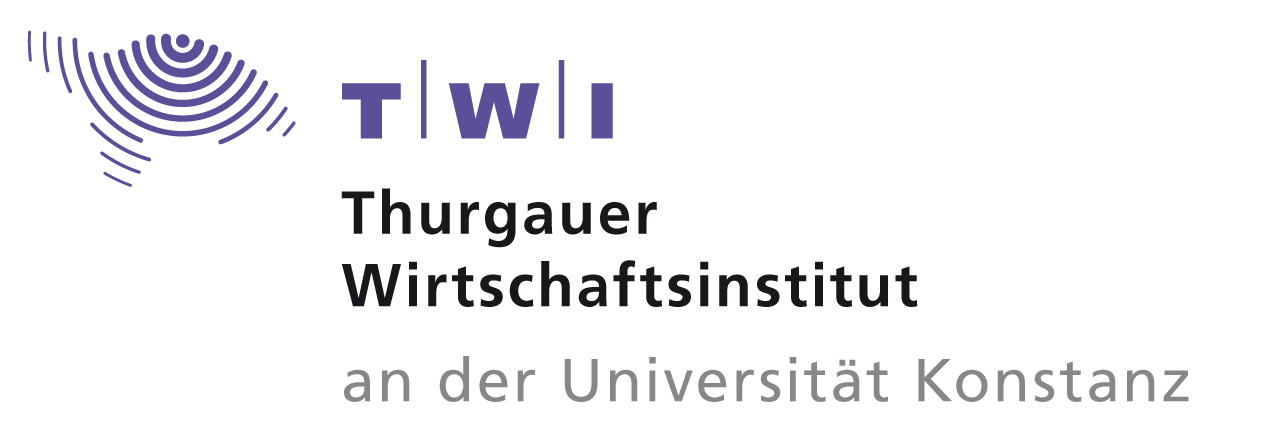Hong Geng, Arne R. Weiss and Irenaeus Wolff, Journal of Public Economic Theory, 13(5): 695–719, 2011
- Why do citizens fare better when there are (fair) elections? Why do elections keep the elected from lining their pockets too much? Reciprocity towards the electorate? No: it is their promises:
-
- In elections based on self-descriptions without promises, the elected appropriate (as) much of the cake (as randomly selected people).
- In elections based on promises, the elected on average feel partially bound to their promises (they knowingly let their voters down, but not completely). Put in terms of a simple guilt-aversion model: candidates‘ second-order beliefs match voters‘ first-order beliefs, albeit at a more pro-social level than candidates‘ actual choices.
- Precedes a very similar and often-cited AJPS paper by three years.

